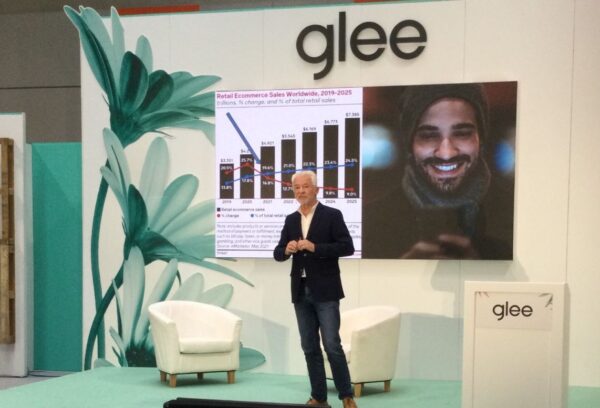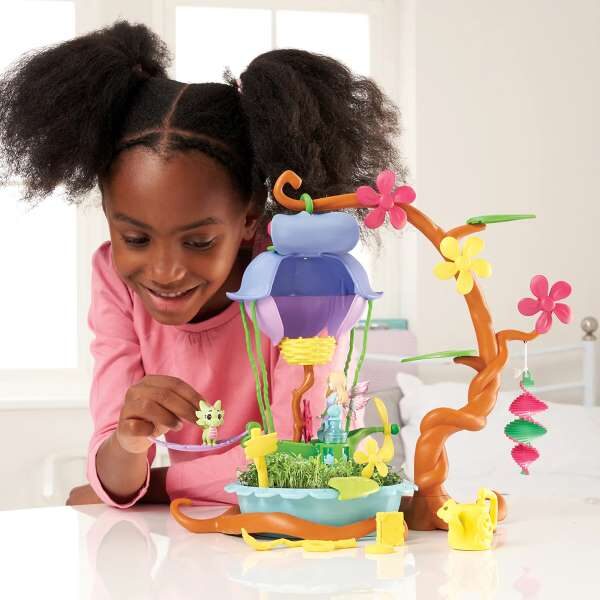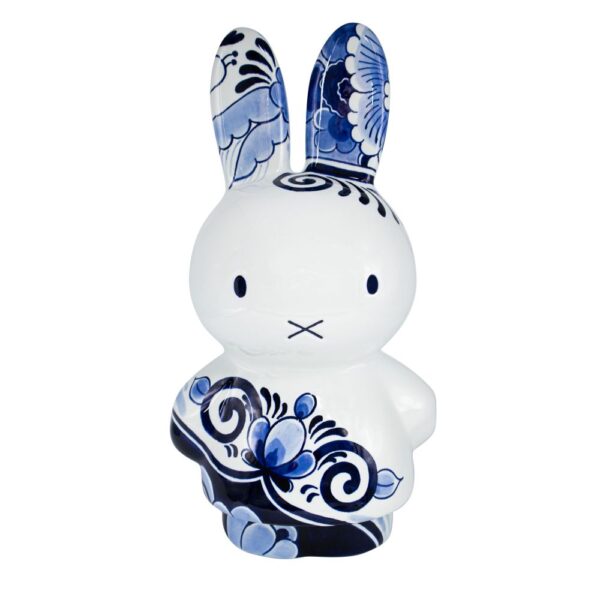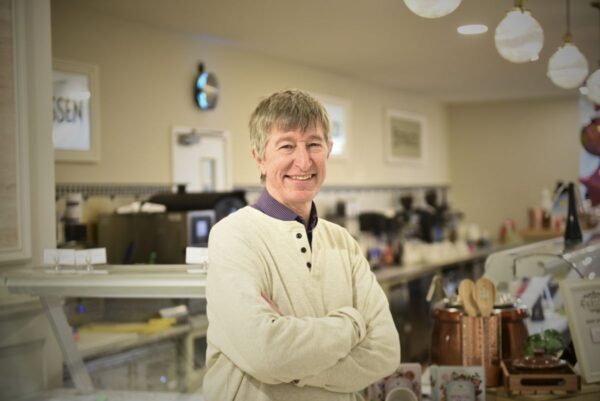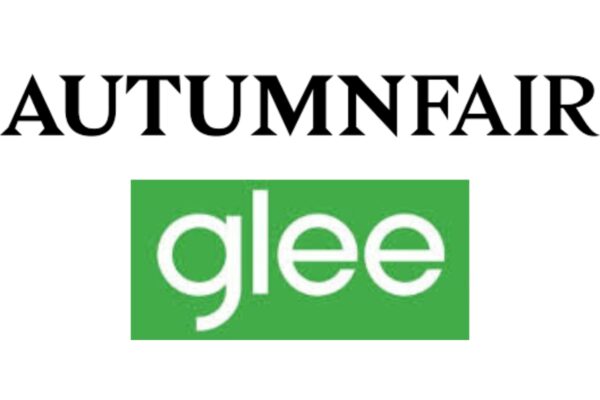 More than 82% of UK consumers would rather shop in a bricks and mortar store than buy online because products can be viewed before committing to a purchase, according to e-commerce agency PushON. However, its survey of 1,000 shoppers revealed that 52% of those believe that retailers need to offer a more seamless experience between online and offline commerce to retain custom.
More than 82% of UK consumers would rather shop in a bricks and mortar store than buy online because products can be viewed before committing to a purchase, according to e-commerce agency PushON. However, its survey of 1,000 shoppers revealed that 52% of those believe that retailers need to offer a more seamless experience between online and offline commerce to retain custom.
Selfridges has again claimed to be the first retailer in the world to open its Christmas shop – 145 days ahead of the event – with shelves laden with tinsel and glitter
Property agent JLL says that online shopping has resulted in a huge rise in demand for warehousing. In the first six months of the year more than 12 million sq ft of space was let for storage and distribution, 38% higher than last year and a 90% increase on the six months prior to that.
 The Social Market Foundation has called for the creation of a Minister for Consumers, Competition and Markets. The minister would be responsible for leading Government efforts to improve consumer outcomes in markets, drive increased levels of competitiveness and minimise negative outcomes associated with excessive levels of market power which, it says, result in higher prices, poorer customer service and a lack of choice.
The Social Market Foundation has called for the creation of a Minister for Consumers, Competition and Markets. The minister would be responsible for leading Government efforts to improve consumer outcomes in markets, drive increased levels of competitiveness and minimise negative outcomes associated with excessive levels of market power which, it says, result in higher prices, poorer customer service and a lack of choice.
Shopping centre owner Hammerson has sold the Imperial Retail Park in Bristol and the Fife Central Retail Park in Kirkcaldy for £164 million.
Research for job search website CV-Library reveals that men who work in retail are more likely to be scrutinised for their appearance than women. It found that 21.4% of retail employees have to follow gender-specific rules at work, although 61.9% believe them to be sexist. The most gender-specific retail rules include men not being allowed to have long hair (33.3%); men not being allowed to wear jewellery or have piercings (22.2%); women having to wear heels (11.1%); women not being allowed to wear trousers (10%).
 Rising wages and softening inflation resulted in UK households feeling confident about their future finances for the first time since 2016, according to IHS Markit.
Rising wages and softening inflation resulted in UK households feeling confident about their future finances for the first time since 2016, according to IHS Markit.
However, Gfk said that UK consumer confidence dropped by one point in July to -10, despite increases in both measures for people’s personal financial situation. Joe Staton, the firm’s client strategy director, stated that despite the World Cup, Wimbledon and warm weather playing front and centre in the nation’s psyche, its barometer again revealed a decline.
‘The overall index score has now registered a zero or negative since February 2016. Concerns about our personal financial situation, and especially the general economic outlook, have contributed to this long slump. There’s more bad news for retailers too in the form of the major purchase index, which has slipped below zero to reach -2 in July.’
Alan Monahan








